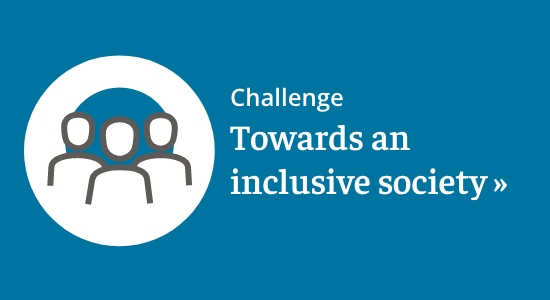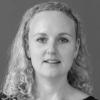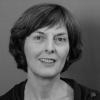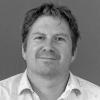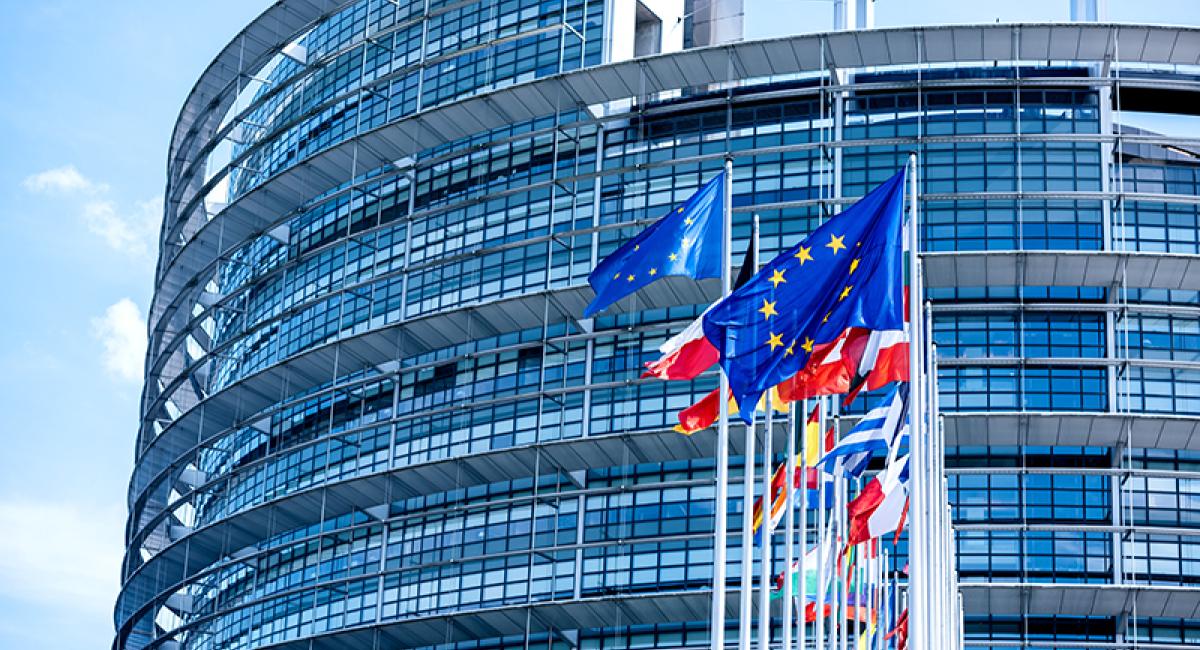
EU citizens need more information and better communication on cancer prevention and early detection
Misconceptions about cancer exist among a proportion of EU citizens, making them less likely to change their behaviour to prevent cancer. Because they see cancer as a fatal disease, fear of diagnosis, shame for discussing abnormalities in the body and prevailing taboos also hinder these people from participating in screening programmes to detect cancer early. EU citizens believe that more nuanced information on cancer prevention and treatment and better communication are needed to overcome these barriers. These are the results of an international study commissioned by the European Commission and conducted by the EUHealthSupport consortium led by Nivel.
The European Commission's ‘Mission on Cancer’ aims to improve the lives of EU citizens by focusing on preventing cancer, increasing the chances of curing cancer and improving the quality of life of those who have (or have had) cancer and their families. To learn what EU citizens find important in this matter, groups of citizens engaged in a dialogue with researchers in six EU Member States on how they view cancer, its prevention and early detection. The insights from this focus group study can be used by the EU to improve the information and communication available on these topics.
Among EU citizens, there is fear of cancer
Research participants indicate that part of the citizens in their country see cancer as a fatal disease that can affect anyone. The fear of a cancer diagnosis and the taboo associated with some cancers can discourage people from contacting a doctor or participating in screening programmes. To break this fear, participants think it should be better explained that the chances of curing cancer can be increased through early detection and better treatments.
Need for hopeful messages aimed at prevention
According to participants, cancer awareness campaigns should express hope and also focus on what people can do to prevent cancer. There are several factors that increase cancer risk, including sun exposure, smoking, drinking alcohol, an unhealthy diet, low exercise and stress. Participants experience a lack of awareness about how these factors can cause cancer and how people can change their behaviour to avoid exposure to risks and live healthier lives. Healthcare professionals are an important source of information on cancer prevention for participants. They also stress the importance of education in schools about cancer risks and prevention. They also consider accessible and reliable information on cancer risk important.
Shame and distance from screening centres hinder participation in screening
Focus group participants know that it is important to regularly check their bodies for changes. They are also aware of the availability of screening programmes to detect cancer at an early stage. But they feel that this is not the case for many other citizens in their country, because of existing misconceptions about cancer. These people often do not participate in screening programmes, partly due to shame to discuss any abnormalities, fear of being diagnosed with cancer and low confidence in treatment options. For people in remote areas, the large distance to screening centres is also a barrier. Mobile screening facilities or cancer screening through GPs, for example, may offer a solution here. Healthcare professionals, but certainly also the government, should better inform citizens about this and promote open discussions to reduce shame and fear.
About the study
Nivel conducted this international focus group study in collaboration with RIVM, within the EUHealthSupport consortium. The project was part of the scientific support to the European Commission led ‘Mission on Cancer’. The study was funded by the European Health and Digital Executive Agency (HaDEA) on behalf of the Directorate-General for Research and Innovation (DG RTD). To understand the experiences and perceptions of citizens from different EU countries, focus groups were organised in six countries: Bulgaria, Finland, France, Lithuania, Malta and the Czech Republic.

